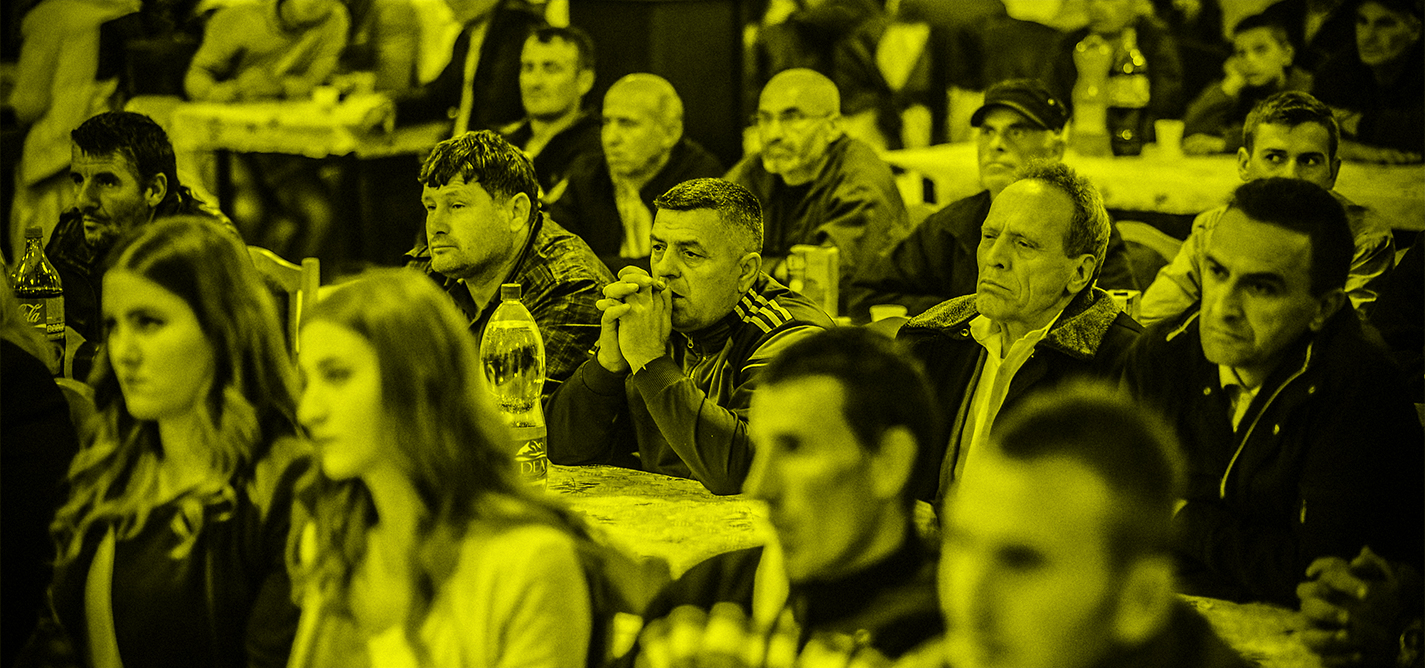
Make your vote count to fight corruption
Now is the time to demand an end to the corrupt practices holding Kosovo back.
|07.06.2017
|
In more than 10 years we have not learned that we, the ‘people,’ have the power to change this!
Our duty as citizens of Kosovo is now to challenge corruption and insist on an accountable and transparent government.

Rrita Ismajli
Rrita Ismajli has recently graduated from University of Sussex with a focus on corruption and governance. She has worked with different international organizations including the South East Europe Division of the OECD in Paris. Her research interests are corruption and anti-corruption initiatives in the Western Balkans.
This story was originally written in English.